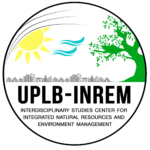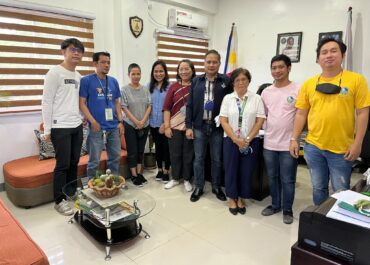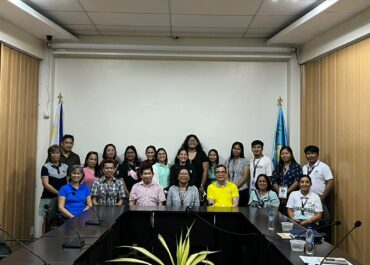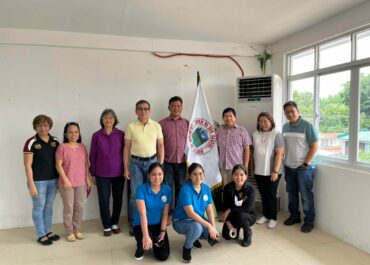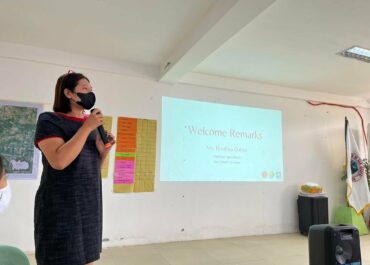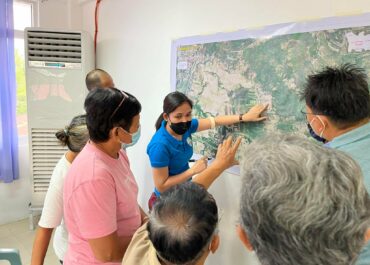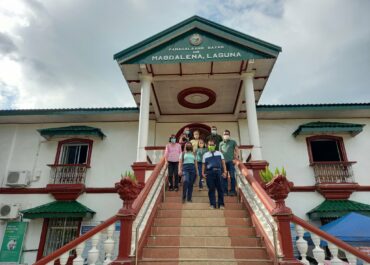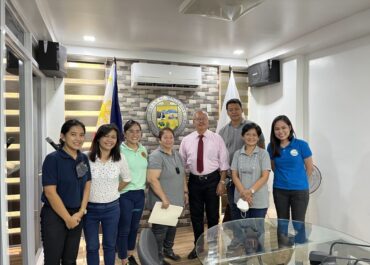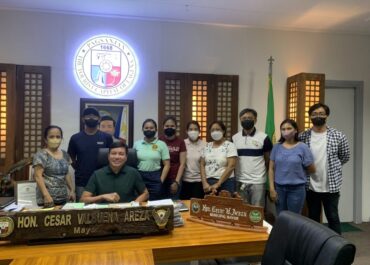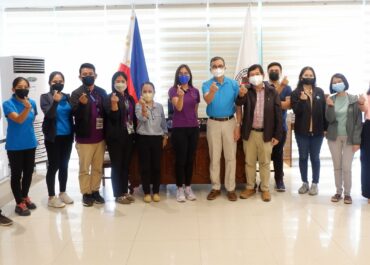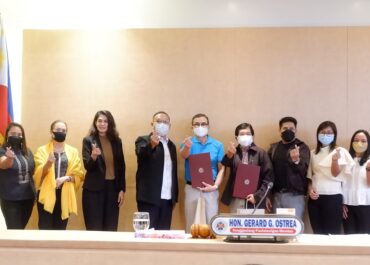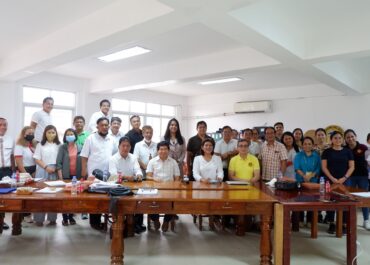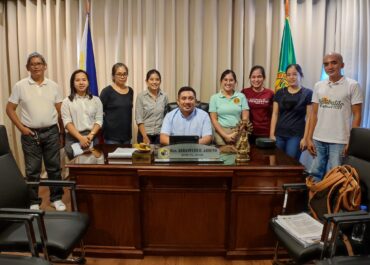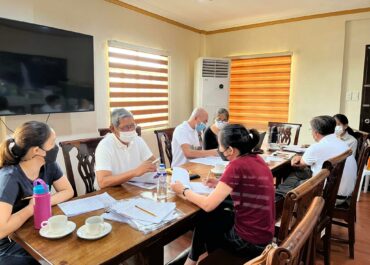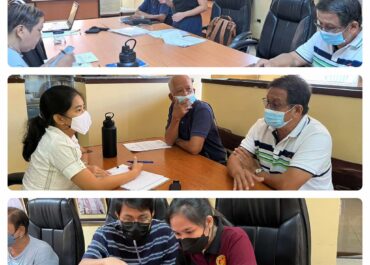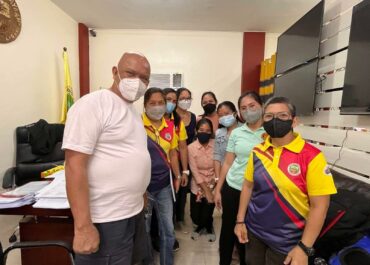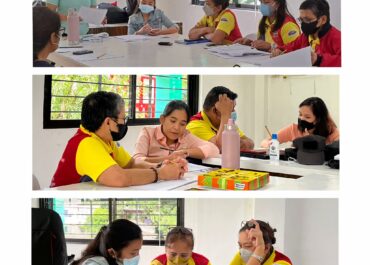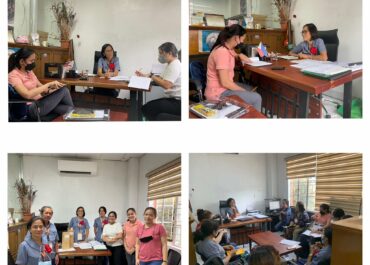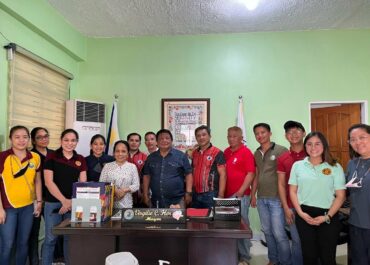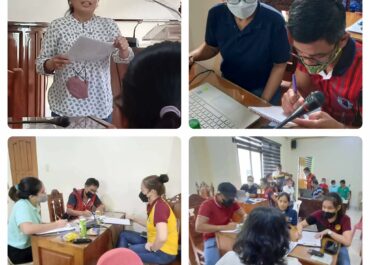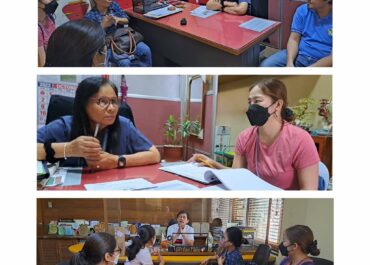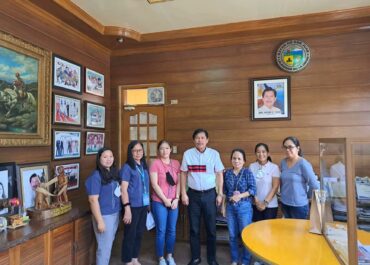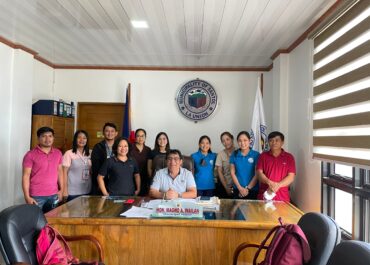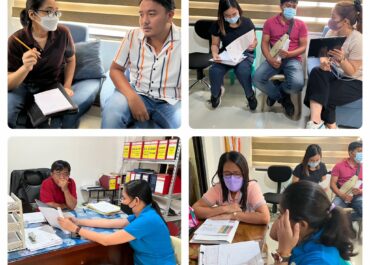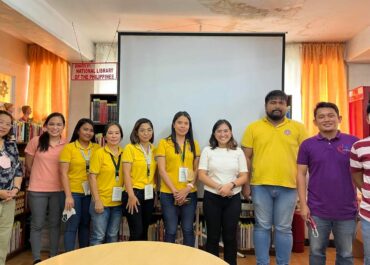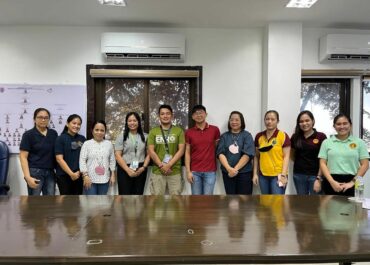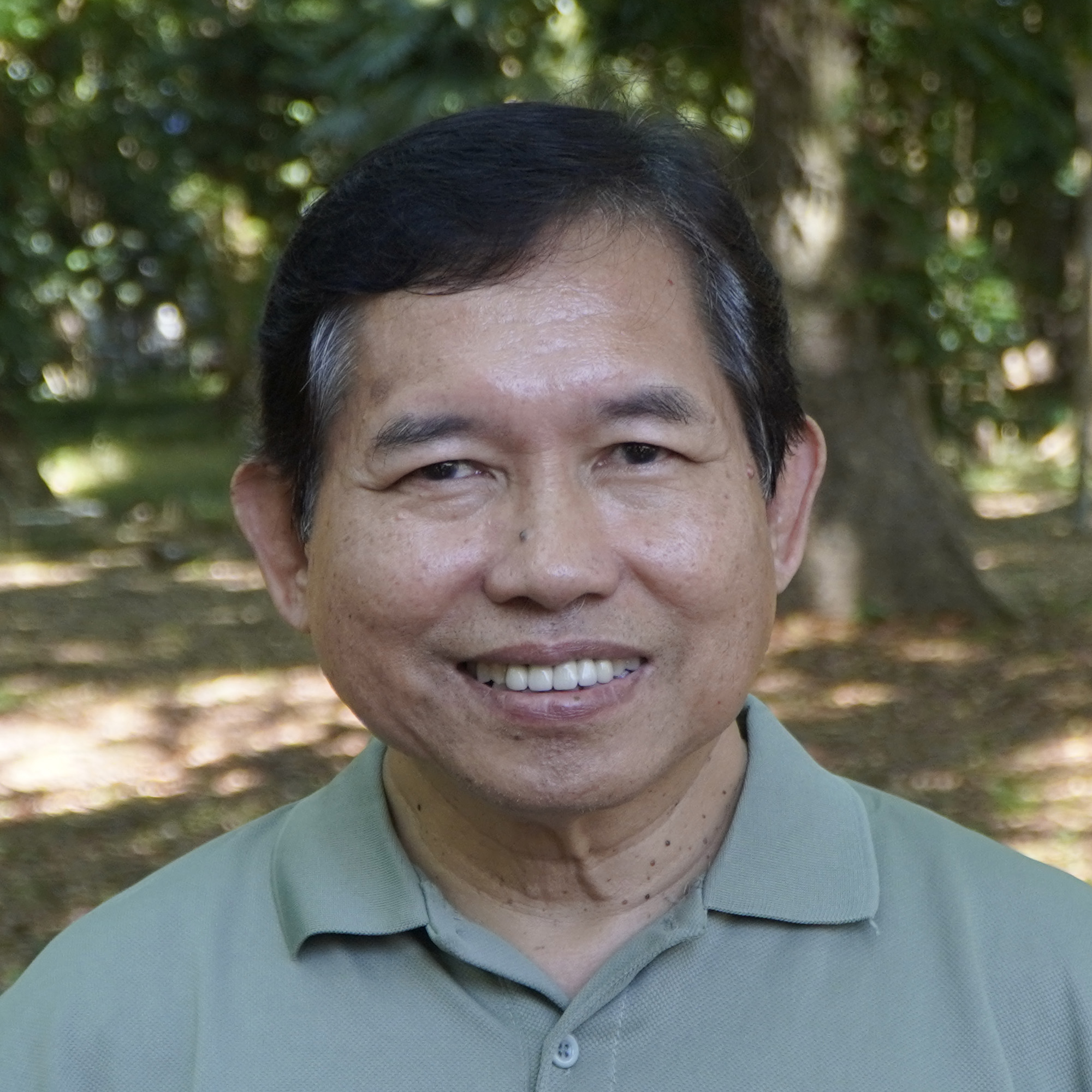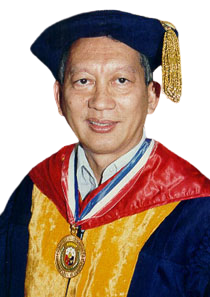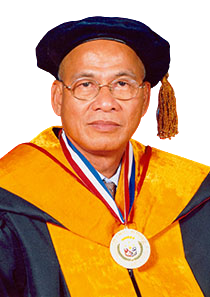Integration of Traditional and Modern Bioproduction Systems for Sustainable and Resilient Future under Climate and Ecosystems Changes
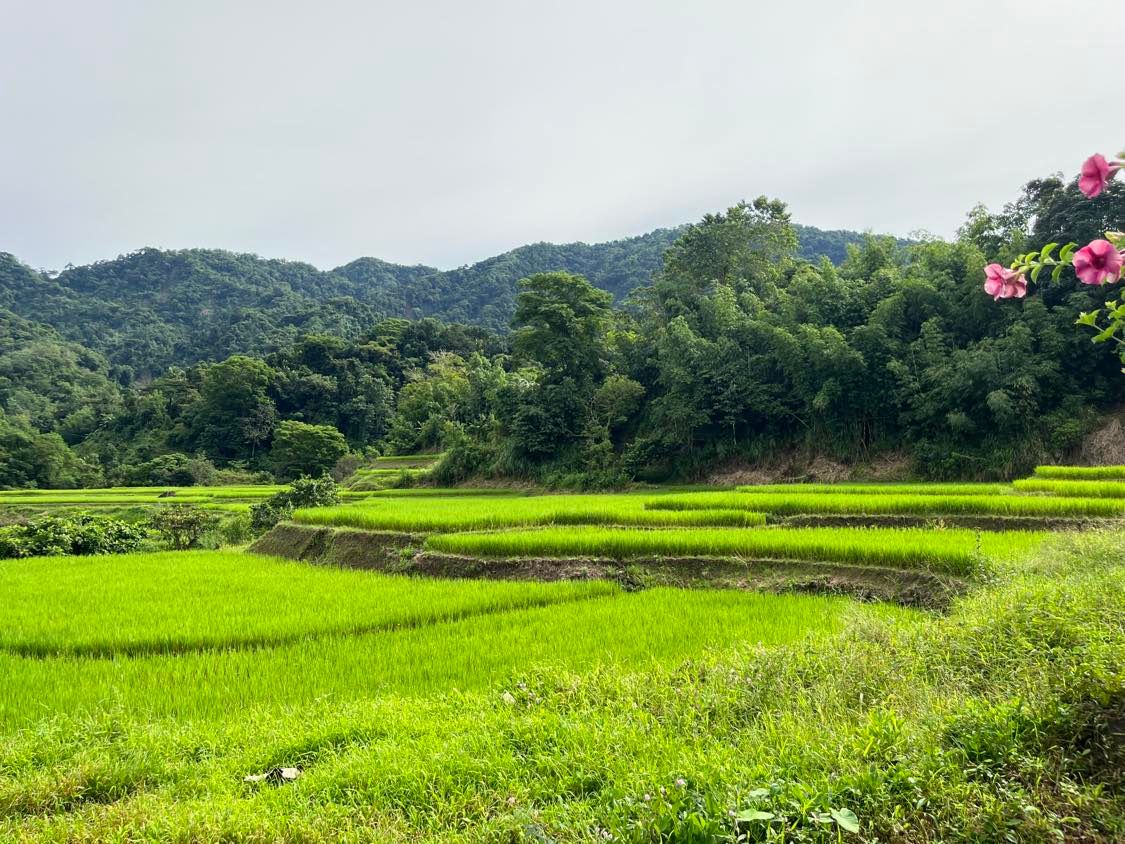
Project Overview
| Project Leader | Dr. Juan M. Pulhin |
| Implementing Agency | Interdisciplinary Studies Center for Integrated Natural Resources and Environment Management (IDSC-INREM), University of the Philippines Los Baños |
| Partner Agencies | Institute for Global Environmental Strategies (IGES); University of Tokyo, Osaka University, and Universiti Pajadjaran, Indonesia (e-Asia Joint Research Program) |
| Project Location | Baroro Watershed and Pagsanjan-Lumban Watershed |
| Budget | PhP 17,405,392.00 (PCAARRD); PhP 540,000.00 (UPLB Counterpart) |
| Duration | 36 months (2021–2024) |
| Objectives | The study aims to assess the impacts of traditional and modern bioproduction systems on ecosystem services as influenced by climate change and land use change at a watershed level. Results will help determine which combinations of traditional bioproduction systems and modern bioproduction systems are most likely to lead to a sustainable and resilient future. It will also assess various ecosystem services under multiple future scenarios for Japan, the Philippines, and Indonesia. |
| Target beneficiaries | (1) Researchers, academics, and students; (2) Policymakers; (3) LGUs, national government agencies, and civil society; (4) Private sectors and development agents; (5) Local communities |
Background and Rationale
Ecosystem goods and services undergird the sustainability of human systems (Costanza et al., 1997 in MEA, 2005). However, most ecosystems are threatened by climate change, variability and extreme events, and changes in land use that compromise its ability to provide the goods and services that are essential to resilient human systems including economic development. Wide variety of interventions have been initiated by the government and non-government organizations, and communities and individuals to restore affected ecosystems and reduce the impacts of loss of ecosystem services but overall are still limited and not nearly enough. Political, institutional, cultural, and technical constraints that hinder the effectiveness of responses need to be addressed. Such issues make the enhancement of understanding on the interactions of human systems (i.e., bioproduction systems and other uses of land) with the natural systems (i.e., climate) crucial to the design of robust political, institutional, socio-economic, and technical solutions to the problems at hand.
The project is multilateral cooperative research between Japan, Indonesia, and the Philippines under the e-ASIA Joint Research Project. However, the outputs enumerated in this proposal is exclusive to the Philippines only and hopes to contribute to the goal of NCCAP (National Climate Change Action Plan).
Project Sites
Baroro Watershed
- It covers the municipalities of San Gabriel, Bagulin, San Juan, San Fernando, Bacnotan and Santol in the province of La Union.
Pagsanjan-Lumban Watershed
- It covers eight municipalities including Cavinti, Kalayaan, Luisiana, Lumban, Magdalena, Majayjay and Pagsanjan in the Province of Laguna and the municipality of Lucban in the province of Quezon.
For more information regarding the project, you may visit the e-ASIA JRP website here
